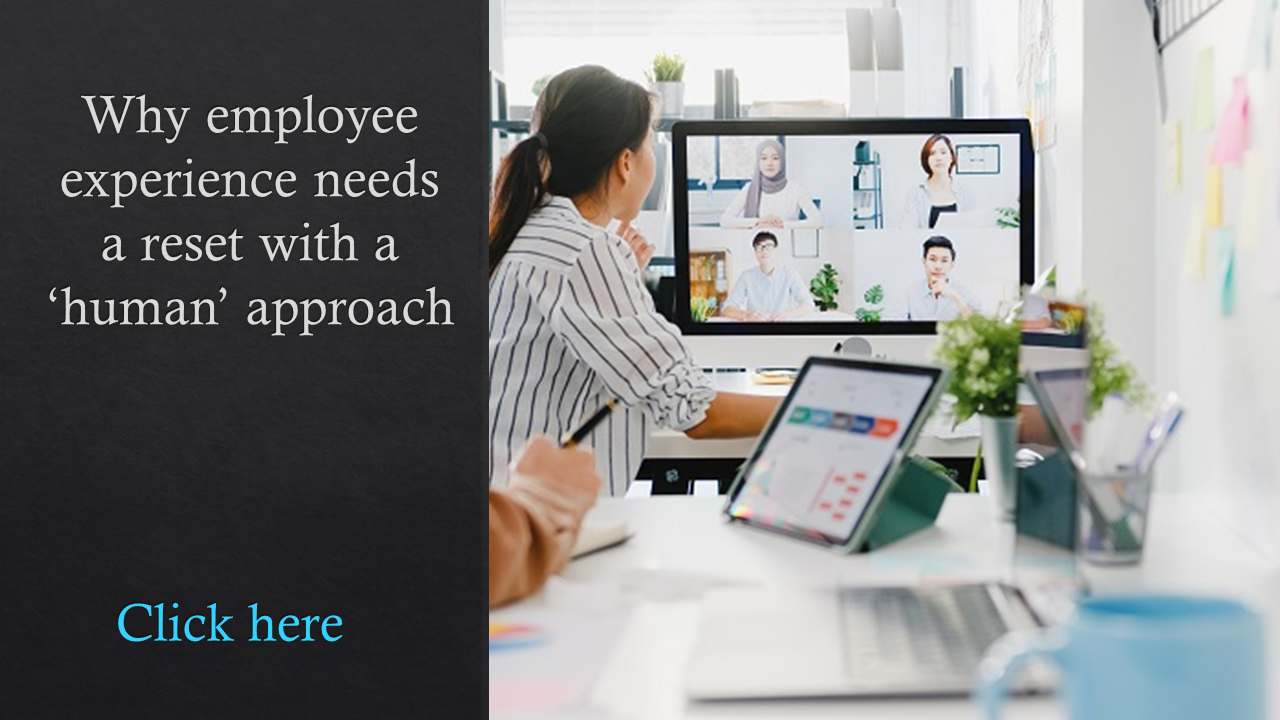The employee experience. It’s gotten a lot of attention in the past year-and-a-half, becoming one of HR’s most hot-button issues. But are employers approaching employee experience with the right mindset?
HRE columnist Ben Brooks, founder and CEO of coaching platform PILOT Inc., says HR leaders should simplify how they think about the employee experience. Put it in the perspective of this question often asked at dinner tables: “How was your day at work?”
It’s the actual employee experience that an employee will think about when asked that question: workplace engagement, performance–the things that matter, Brooks said on a recent livestream.
Also see Want to improve employee stress? Look at coaching, development

HR leaders are putting too much emphasis on the peripherals that they think are a part of the employee experience, such as offering a day off for volunteering, a free Uber ride once a month, access to a kombucha bar, Brooks said.
“We’re not focusing on the fundamentals,” he added. “Manager enablement, employee development and culture have all been things that have been proven to move the needle on an ENPS [employer net promoter score].”
Focusing instead on perks and benefits misses the mark, Brooks said. “Those can be fine to attract, but it’s not going to be what keeps the talent.”
When you book a flight, what comes to mind first: getting a seat on a plane to get you from point A to point B, or the drinks the airline serves in the lounge?
“We want to focus on the experience,” he said. “If you’re clean, safe and on time, you’ll be a great airline. If you get the fundamentals right, you’re going to stand out.”
Related Want better managers? You need to develop better workers
Employee experience, then, boils down to a frictionless consumer experience, he said. It’s one that allows for agility, and where feedback happens quickly–and involves everyone.
 Software and HR tech have helped realize the waterfall development–how companies cascade down from mangers of managers, to managers and then to employees– isn’t effective when it comes to creating a positive EX, he said.
Software and HR tech have helped realize the waterfall development–how companies cascade down from mangers of managers, to managers and then to employees– isn’t effective when it comes to creating a positive EX, he said.
Empower your middle management, Brooks said. Think of your managers as mini culture curators.
And learn what managers know about their team; the fact employees could be particularly exhausted or bruised by the pandemic is knowledge that makes managers extremely important to helping an organization solidfy its EX, Brooks said.
“Context will continue to change, and managers have the best information about their teams and employees,” he added.
Watch the full #AskHRE livestream below

